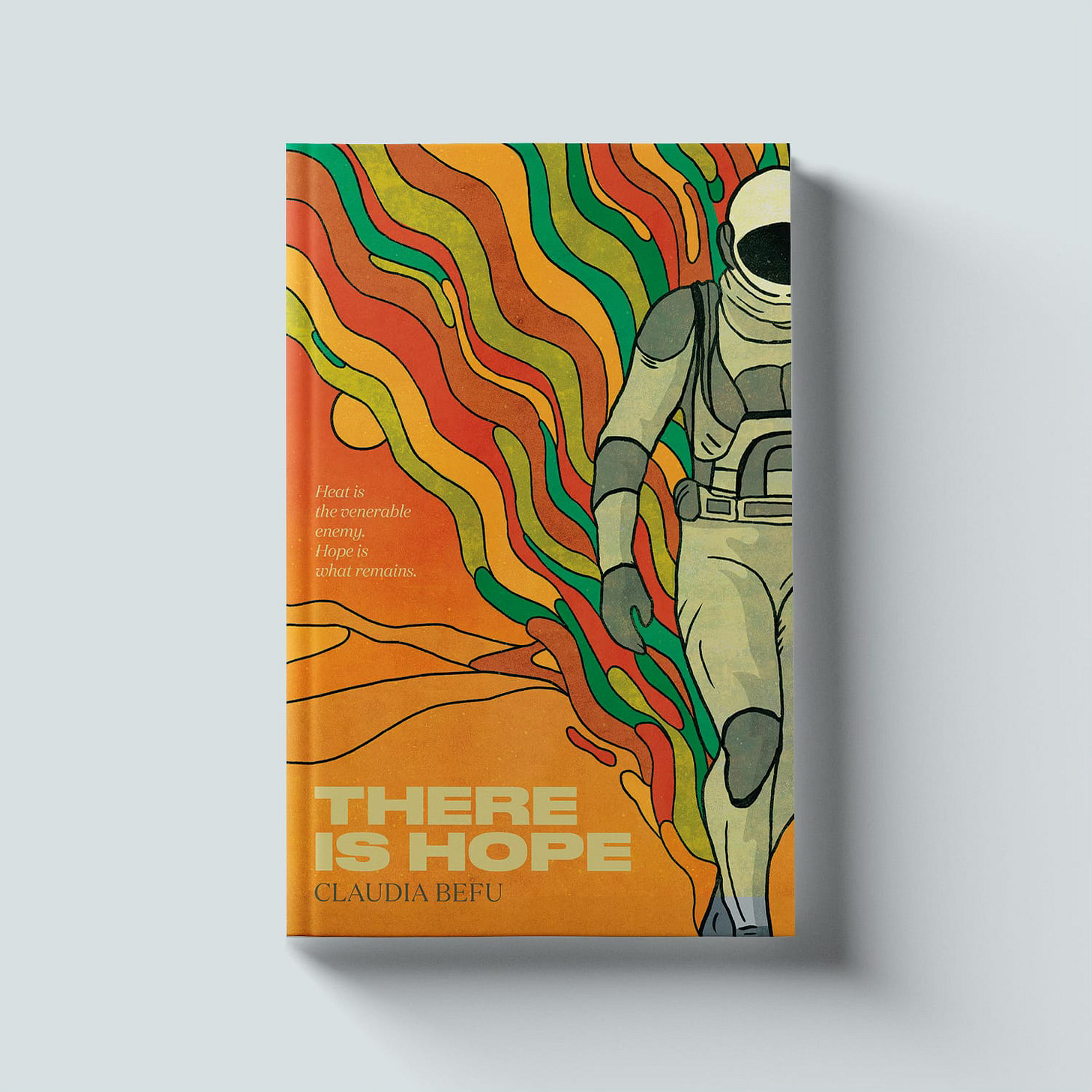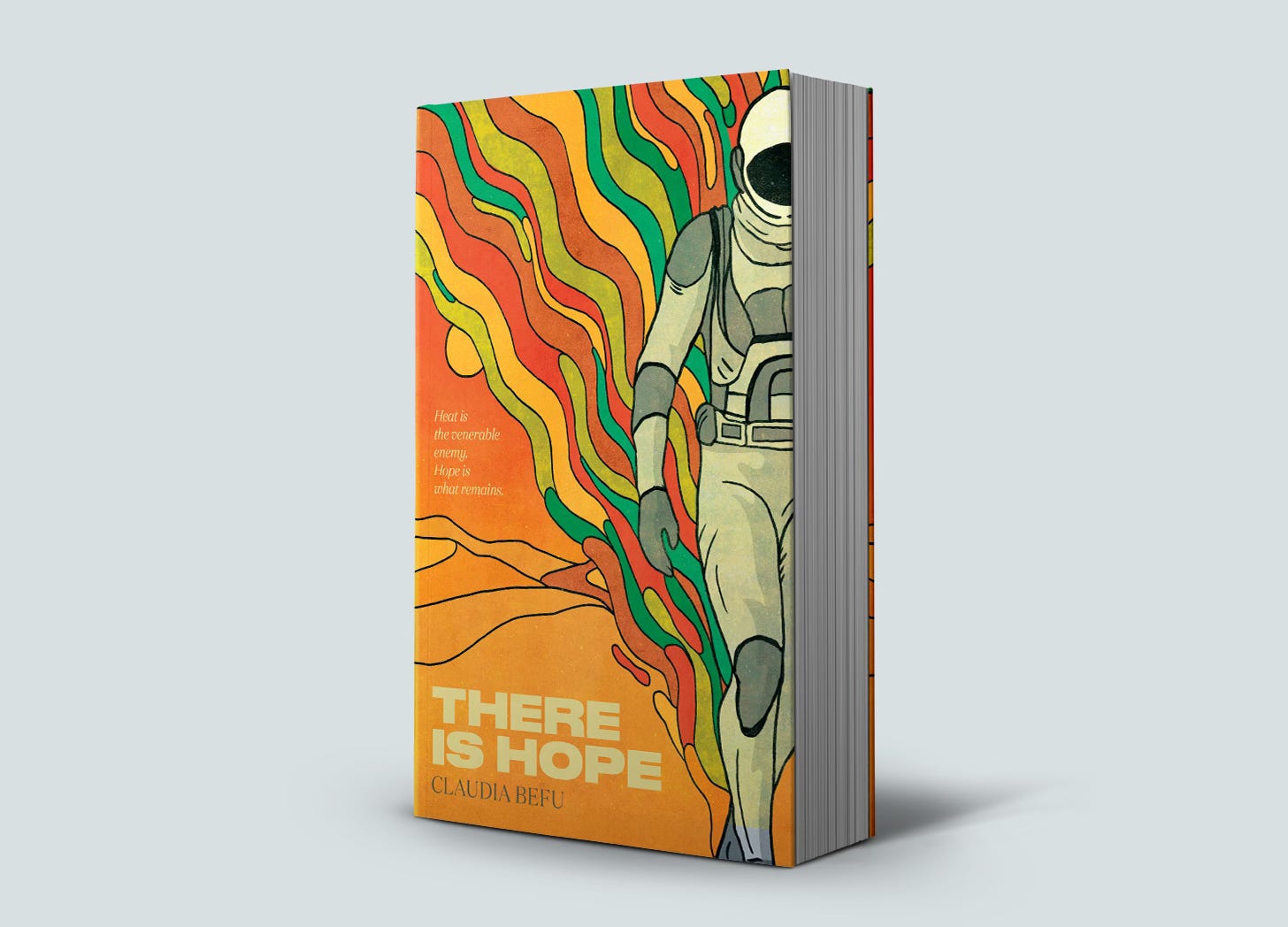Welcome to Story Voyager
Hi, I’m Claudia Befu, and this is my personal holochain—a written log of fiction, essays, and aphorisms exploring society, technology, nature, and the future of life on Earth.
A cathedral of thought
The world as we know it is a reflection of the mental bubbles in which we live. If we seek a better future on this planet, we must start by examining the belief systems at the core of our society: what led us here, what still serves us, and what no longer does.
Changing our beliefs, values, and human aspirations will not be the work of a single person or a single generation. It will be a cathedral of thought, built by countless people over hundreds of years.
Along the way, each of us must add a stone. Each stone is a lifetime of observing the world and reflecting on a better future. Each stone is one voice. A future sung by countless voices.
Story Voyager is an indie publishing ecosystem with a long-term horizon. This is slow, cumulative work grappling with what it means to be humane, our place in the universe, and the meaning of progress.
Current projects
There Is Hope: A mosaic novel set in a future devastated by climate change, the first volume of the Museum of Life saga.
Cognitive Sovereignty: A growing series of weekly aphorisms on the future of brains, our techno-utopian dreams, and the human-nature dichotomy to be collected in print annually.
Museum of Life: A story-world spanning over fifteen centuries (2100 CE—3600 CE), from Earth’s last forest to humanity’s final archive among the stars.
My debut novel There Is Hope will be released in print in 2026.

Recognition
A Substack Featured Publication in 2023
A Feedspot Top Climate Fiction Blog
A Lunar Award winner for the sci-fi story Illegal
What readers say
“An intelligent, almost spiritual, treatment of climate fiction.”
—Johnathan Reid
“Claudia writes philosophical cli-fi stories.”
—Elle Griffin
“Haunting, compelling ideas and beautiful writing.”
—Stephen P. Williams
About me
Born in Romania under communism, I dreamed of forest cities with capsule homes from the age of six. Today, I’m a prize-winning poet, playwright, and science fiction author. I live in Austria and work in tech for renewable energy. Born at 340 ppm.
From April 2023 to September 2025, I serialized my debut climate-fiction mosaic novel through my newsletter. Story Voyager is my contribution to our collective cathedral of thought. Subscribe to follow new fiction, essays, and aphorisms as they unfold.
This work is created with human intelligence.



